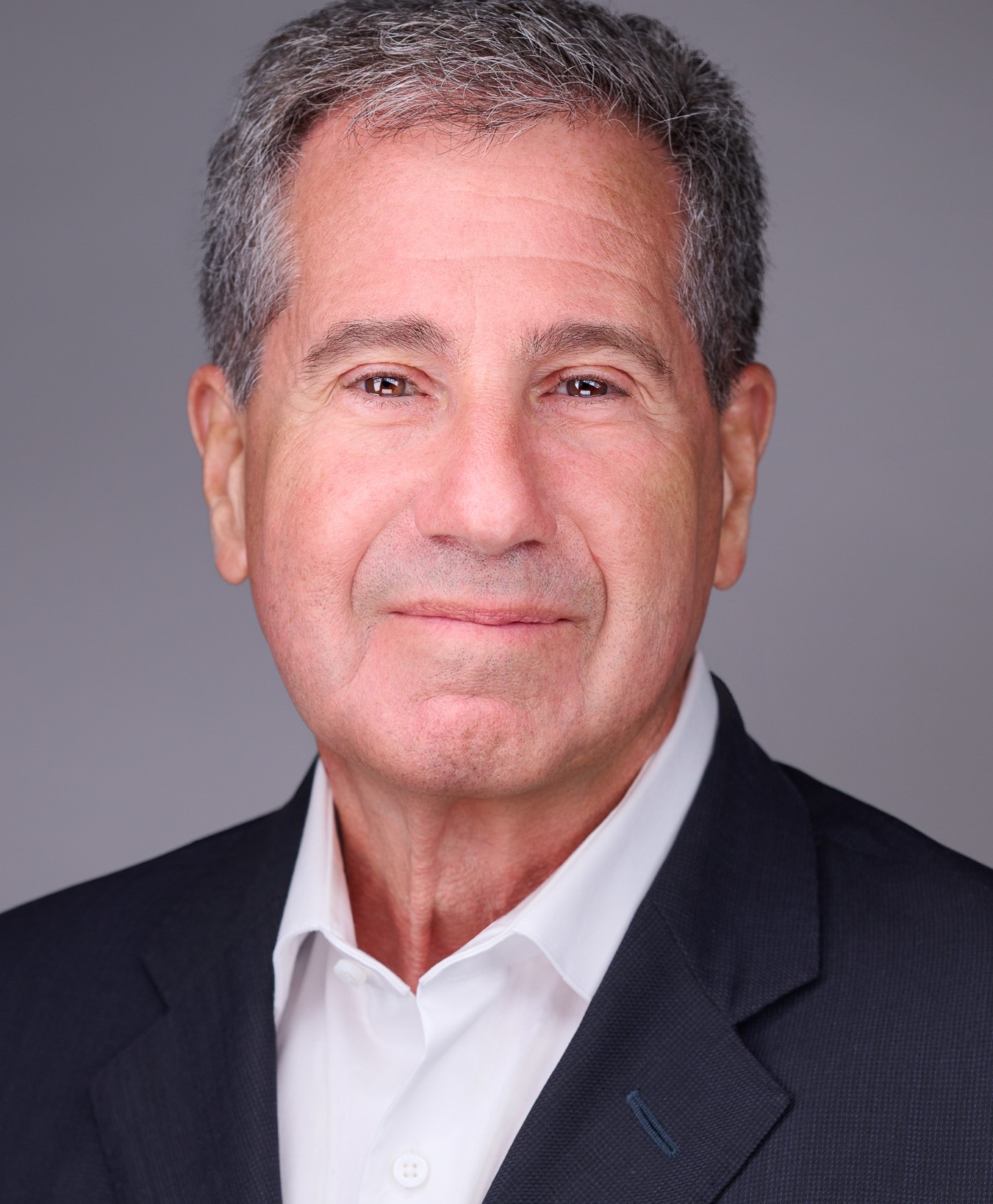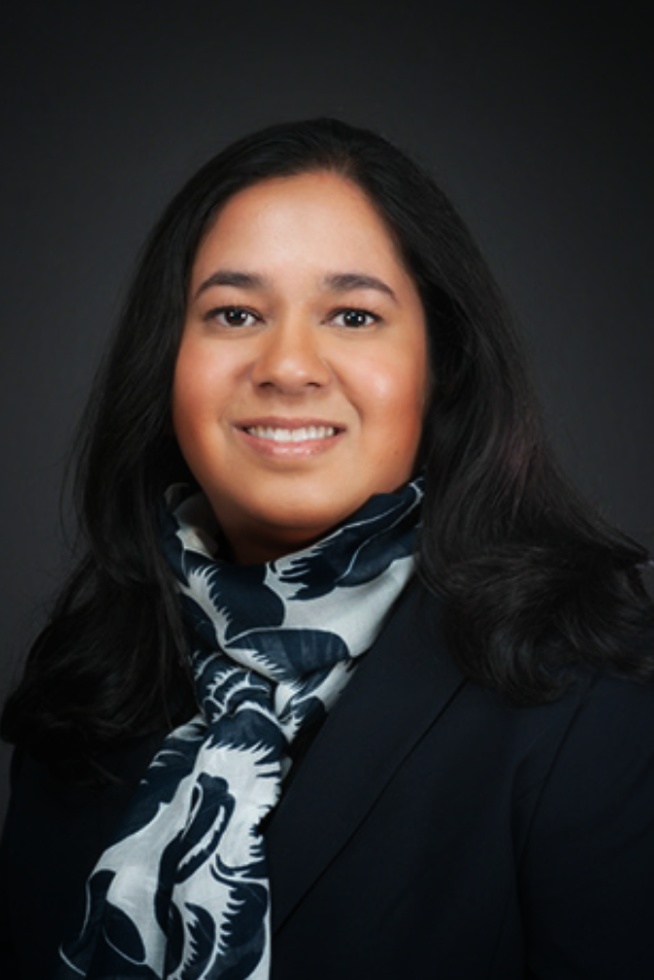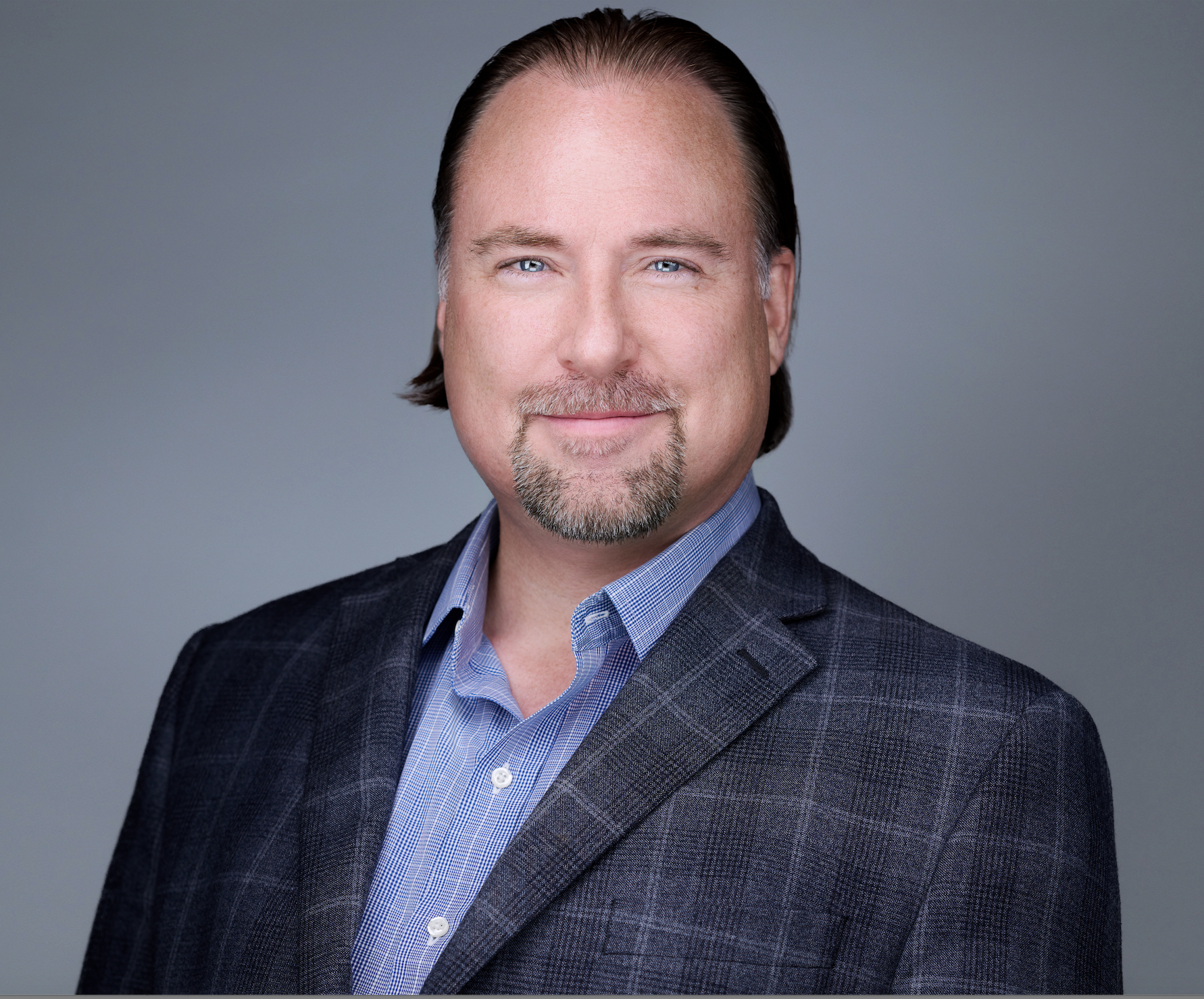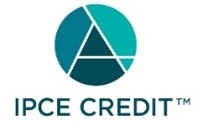September 26, 2024: 13th Gary Jacobson, M.D., Susan B. Jacobson Lecture on Promising Innovations in Psychiatry - Research in the Era of the Psychedelic Renaissance: Challenges and Opportunities
Research in the Era of the Psychedelic Renaissance: Challenges and Opportunities
Description:
We will reflect on current issues facing the acceptance and incorporation of psychedelics into the modern therapeutic toolkit and describe the creation and purpose of the MGH Center for the Neuroscience of Psychedelics. We will review the cognitive neuroscience research opportunities and describe work underway at MGH. We will describe the role of the MGH iPsych lab and the Medicinal Plant Lab as resources for advancing the field of psychedelic therapeutics.
Target Audience
This program is intended for: Psychiatrists, Psychologists, Fellows, Residents, Interns and Nurses.
Learning Objectives
Upon completion of the activity, participants will be able to:
- Describe the challenges and opportunities facing psychiatry with the development of psychedelics as therapeutics.
- Discuss the questions and approaches to answers with respect to psychedelic impact on brain and brain networks.
- Assess modern fundamental neuroscience approaches that will elucidate psychedelic MOA and innovative approaches to new psychedelic discovery.
SPEAKER(S)
Jerrold F. Rosenbaum, MD
Sharmin Ghaznavi, MD, PhD
Stephen Haggarty, PhD

Jerrold F. Rosenbaum, MD
Until 2019 and for 20 years, Dr. Rosenbaum, Stanley Cobb Professor of Psychiatry at Harvard Medical School, chaired the MGH Department of Psychiatry. At MGH he is past Chair of the Executive Committee on Research. 2007 recipient of the C. Charles Burlingame Award for lifetime achievement in Psychiatry, he was the 2016 recipient of the Joseph B. Martin Dean's Leadership Award for the Advancement of Women Faculty for Harvard Medical School. Emeritus Fellow of the ACNP, he is a 2018 Ellis Island Medal of Honor awardee. Past President/Board Chair of the Anxiety and Depression Association of America (ADAA), he served as Chair of the Scientific Council, President and Board member of the American Foundation for Suicide Prevention. He served a 6-year term as Trustee of the Massachusetts General Hospital, 3 years as Trustee of the Partners Healthcare System, and is now a co-chair of Development at MGH. Co-author of more than 400 original articles and reviews, and editor of 20 books, he led longitudinal studies of children at risk for anxiety disorders and depression. His current academic focus is as founding director of the MGH Center for the Neuroscience of Psychedelics (CNP). Dr. Rosenbaum graduated in 1969 from Yale College and 1973 from Yale Medical School and trained in Psychiatry at Massachusetts General Hospital, Harvard Medical School.
Disclosures:
Co-founder, BOD: Psy Therapeutics, Sensorium Therapeutics, Entheos Labs

Sharmin Ghaznavi, MD, PhD
Sharmin Ghaznavi, MD, PhD, is the Associate Director and the Director of Cognitive Neuroscience at the Center for the Neuroscience of Psychedelics at Massachusetts General Hospital. She also serves as a psychiatrist at the MGH Dauten Family Center for Bipolar Treatment Innovation at Massachusetts General Hospital. Dr. Ghaznavi’s research interests are on the neural correlates of cognitive processes underlying mental illness.
Dr. Ghaznavi received her undergraduate degrees in biology, brain and cognitive sciences, and philosophy from the Massachusetts Institute of Technology. She obtained her masters in philosophy, medical degree, and PhD in neuroscience from Yale University. Dr. Ghaznavi completed a residency in adult psychiatry at the Mass General/McLean Psychiatry Residency Program. Her research has been supported by the Dupont-Warren and Livingston psychiatric research fellowships from Harvard Medical School, a 2012 NARSAD Young Investigator Award from the Brain and Behavior Research Foundation, and most recently the Arielle Soussan Memorial Fund for Psychedelic Research. She is leading the CNP's inaugural studies on psilocybin for MDD investigating potential neural mechanisms of action of psilocybin.
Disclosures: I have the following relevant financial relationships with a commercial interest to disclose.
Stock in Atai Life Sciences; Scientific Advisory Board for Sama Therapeutics; Consultant for Seaport Therapeutics; Consultant for Lightstone Ventures

Stephen Haggarty, PhD
Dr. Stephen J. Haggarty is an Associate Professor of Neurology at Harvard Medical School, an Associate Neuroscientist at Massachusetts General Hospital, Director of the MGH Chemical Neurobiology Laboratory, Co-Director of the MGH Center for the Neuroscience of Psychedelics, and Co-Director of the Precision Therapeutics Unit within the Center for Genomic Medicine. He is also a Senior Associate Member of the Broad Institute and an Affiliate Faculty Member of the Harvard Stem Cell Institute.
With training in chemical biology and neuropharmacology, Dr. Haggarty’s research program operates at the interface of psychiatry and neurology, focusing on dissecting the role of neuroplasticity in health and disease using chemical biology. His efforts are guided by knowledge emerging from human genetics regarding the root causes of disease and have led to the discovery of novel chemical probes targeting the regulation of neurotrophic factor signaling, epigenetic regulation of neuronal gene expression, proteostasis networks, synaptogenesis, and BDNF/TrkB-mediated regulation of neuroplasticity, including agents advancing toward human clinical studies. To further ‘humanize’ the process of CNS drug discovery, a significant emphasis of Dr. Haggarty’s research program is the use of reprogramming technology to create patient-specific, induced pluripotent stem cells (iPSCs) as ex vivo models of neurogenetic disorders and their use for characterizing chemical probes of neuroplasticity. The ability to differentiate human iPSCs into neural networks with the capacity to form synapses and regulate genes in an activity-dependent manner provides powerful new avenues for studies of the mechanisms of neuroplasticity, for understanding the neurobiology of human disease, as well as for addressing the challenging goal of discovering novel targets and next-generation, disease-modifying therapies using the principles of precision medicine. In 2024, Dr. Haggarty and colleagues within the Mass General Center for the Neuroscience of Psychedelics launched the Medicinal Plant Laboratory with the goal of leveraging ethnobotanical/pharmacological knowledge to reinvigorate the investigation of the therapeutic potential of psychoactive plants.
Disclosures: My spouse/partner and I have the following relevant financial relationships with a commercial interest to disclose.
Sponsored Research Agreement; Consultant; Founder: Entheos Labs
Available Credit
- 1.00 AMA PRA Category 1 Credit™
This activity has been planned and implemented in accordance with the accreditation requirements and policies of the Accreditation Council for Continuing Medical Education (ACCME) through the joint providership of IHP and Massachusetts General Hospital. IHP is accredited by the ACCME to provide continuing medical education for physicians.
IHP designates this Enduring activity for a maximum of 1.00 AMA PRA Category 1 Credit™. Physicians should only claim credit commensurate with the extent of their participation in the activity.
- 1.00 Nursing Contact Hours
Massachusetts General Laws, Chapter 13, sections 13, 14, 14A, 15 and 15D and Chapter 112, sections 74 through 81C authorize the Board of Registration in Nursing to regulate nursing practice and education.
This program meets the requirements of the Massachusetts Board of Registration in Nursing (244 CMR 5.00) for 1.00 contact hours of nursing continuing education credit. Advance practice nurses, please note: Educational activities which meet the requirements of the ACCME (such as this activity) count towards 50% of the nursing requirement for ANCC accreditation.
- 1.00 Social Workers
As a Jointly Accredited Organization, the MGH Institute of Health Professions is approved to offer social work continuing education by the Association of Social Work Boards (ASWB) Approved Continuing Education (ACE) program. Organizations, not individual courses, are approved under this program. State and provincial regulatory boards have the final authority to determine whether an individual course may be accepted for continuing education credit. MGH Institute of Health Professions maintains responsibility for this course. Social workers completing this course receive 1.00 clock hours for continuing education credits.
- 1.00 Participation
This course allows other providers to claim a Participation Certificate upon successful completion of this course.
Participation Certificates will specify the title, location, type of activity, date of activity, and number of AMA PRA Category 1 Credit™ associated with the activity. Providers should check with their regulatory agencies to determine ways in which AMA PRA Category 1 Credit™ may or may not fulfill continuing education requirements. Providers should also consider saving copies of brochures, agenda, and other supporting documents.
- 1.00 Psychologists CE Credit
Continuing Education (CE) credits for psychologists are provided through the co-sponsorship of the American Psychological Association (APA) Office of Continuing Education in Psychology (CEP). The APA CEP Office maintains responsibility for the content of the programs. MGH Institute of Health Professions designates this activity for 1.00 CE credit.
Accreditation
In support of improving patient care, MGH Institute of Health Professions is jointly accredited by the Accreditation Council for Continuing Medical Education (ACCME), the Accreditation Council for Pharmacy Education (ACPE), and the American Nurses Credentialing Center (ANCC) to provide continuing education for the healthcare team.
1.00 Physicians
MGH Institute of Health Professions designates this live activity for a maximum of 1.00 AMA PRA Category 1 Credits ™. Physicians should claim only credit commensurate with the extent of their participation in this activity.
1.00 Nursing Contact Hours
MGH Institute of Health Professions designates this activity for 1.00 contact hours for nurses.
1.00 Social Workers
 As a Jointly Accredited Organization, MGH Institute of Health Professions is approved to offer social work continuing education by the Association of Social Work Boards (ASWB) Approved Continuing Education (ACE) program. Organizations, not individual courses, are approved under this program. State and provincial regulatory boards have the final authority to determine whether an individual course may be accepted for continuing education credit. MGH Institute of Health Professions maintains responsibility for this course. Social workers completing this course receive 1.00 clock hours for continuing education credits.
As a Jointly Accredited Organization, MGH Institute of Health Professions is approved to offer social work continuing education by the Association of Social Work Boards (ASWB) Approved Continuing Education (ACE) program. Organizations, not individual courses, are approved under this program. State and provincial regulatory boards have the final authority to determine whether an individual course may be accepted for continuing education credit. MGH Institute of Health Professions maintains responsibility for this course. Social workers completing this course receive 1.00 clock hours for continuing education credits.
1.00 IPCE Credit
 This activity was planned by and for the healthcare team, and learners will receive 1.00 Interprofessional Continuing Education (IPCE) credit for learning and change.
This activity was planned by and for the healthcare team, and learners will receive 1.00 Interprofessional Continuing Education (IPCE) credit for learning and change.

 Facebook
Facebook X
X LinkedIn
LinkedIn Forward
Forward